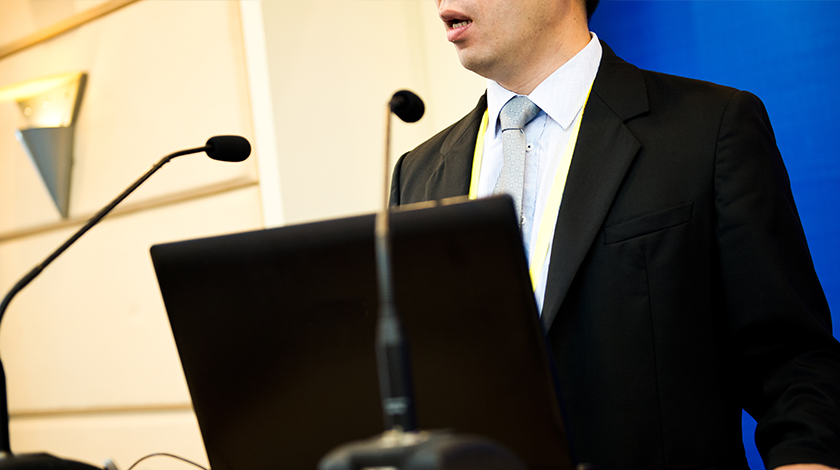Study some of the world’s most successful men — Warren Buffett, Mark Zuckerberg and their ilk — and you’ll notice they are all risk-takers. But while it’s often said risks need to be taken for one to achieve great things, it’s extremely unwise to take that adage too far. The secret to risk-taking is timing. Knowing when to take risks and understanding your risk tolerance are what differentiate calculated risk-taking and pure gambling.
In a “can’t lose” scenario
If you’re evaluating the pros and cons of a risky decision, start with the extremes. Every decision has a possible best and a worst outcome. If even the worst possible outcome will not cause significant detriment to your current position, then you’re in a can’t-lose scenario. If the best possible outcome could reap significant benefits, the risky decision is probably the right one.
In a long-term investment situation
When assessing the potential payoffs of risk-taking, it’s important not to develop tunnel vision. If you buy shares in a company that your research indicates will be the next big thing in five years’ time, don’t be discouraged if the share price drops the next day. Some risky decisions may not yield immediate rewards, but can be profitable in the long run.
When you need a confidence boost

All of us run a little low on self-esteem every once in a while. If you’ve just had a setback at work or in your personal life and are struggling to find a pick-me-up, why not take a small risk by setting yourself a challenge? Try out a new sport, learn a musical instrument or take on public speaking. When you overcome that challenge, the confidence and adrenaline boost will be well worth your while!2
Of course, knowing when not to take a risk is just as important as knowing when to take one. Wise risk-taking is all about accurate pros-cons assessment and careful judgment.
Here are some scenarios when risk-taking is a no-no:
When Your Judgment is Clouded
Take a time off when you’ve drunk alcohol or feeling emotional. Alcohol can give you a false sense of confidence and lead to reckless decision-making. And whether it’s stress, anger or grief that’s weighing on your mind, give it time to dissipate before you make a decision.1
When you feel pressured
Our decisions affect others, so it’s only natural that our friends, family and colleagues will weigh in. However, if the risk is yours to take, the decision should be yours to make. If you are being pressured into a potentially risky course of action, remember that the person pressuring you may have ulterior motives that have nothing to do with your well-being.
No one can go through life without taking a single risk. By following these simple tips, you’ll get better at differentiating when a risky decision may yield a positive outcome from when risk should be avoided at all costs.
Resources
- Fear and Anxiety. Mental Health Foundation. Visited 8 March 2016.
- How to increase your self-esteem. Mind. Visited 8 March 2016.

